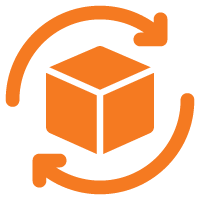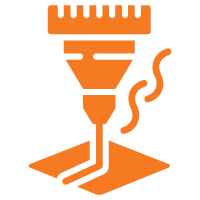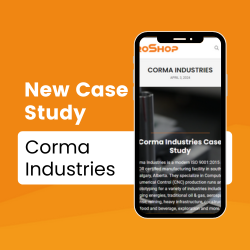What is a Quality Management System? Why is QMS important?
A traditional Quality Management Software (QMS Software) program is a database or electronic repository, where all the quality related files and records of a company are stored. The software provides tools to help the company achieve the quality related requirements of their customers work and meet regulatory requirements for quality management.
However, modern QMS Software systems are much more than an electronic repository because it also allows the automation of the quality assurance process by automating quality processes and notifying management of changes in real-time. The data can be entered manually or automatically based on the needs of an organization.
There are many ways QMS can help a company achieve quality assurance objectives. For instance, it can help develop certain benchmarks to achieve QA goals or it can be used to streamline production. Companies have also used paperless QMS to reduce paper waste and improve the manufacturing process.
What are the benefits of a Quality Management System (QMS)?
A good QMS Software will allow managers to keep track of the company procedures and quality processes for compliance to standards such as ISO 9001, AS9100, ISO 13485 and many other, while also recording and helping to improve more tactical quality assurance processes such as First Article Inspection Reports (FAIR) as well as in-process dimensional inspection reports of jobs or work orders on the factory floor. Some of the records that can be maintained using QMS include:

Outlining specific procedures to understand and improve quality business process guidelines within the manufacturing environment.

Keeping record of training sessions and documentation to train employees for easy tracking and auditing.

Calibration and maintenance of company equipment and measuring instruments and gages.

Reductions in scrap rate, based on Real-time tracking of dimensional inspection reports are saved in QMS software.

Non-conforming material and documentation tracking to alert the management of impending issues and problems.

Corrective Action Request tracking to provide closed loop systems to improve company processes and update documentation and procedures based on specific guidelines embedded in QMS.

Supplier quality management by keeping track of the supply chain and its stakeholders.

Tracking Return Material Authorization (RMA) when a client needs to return a potentially discrepant product.



















